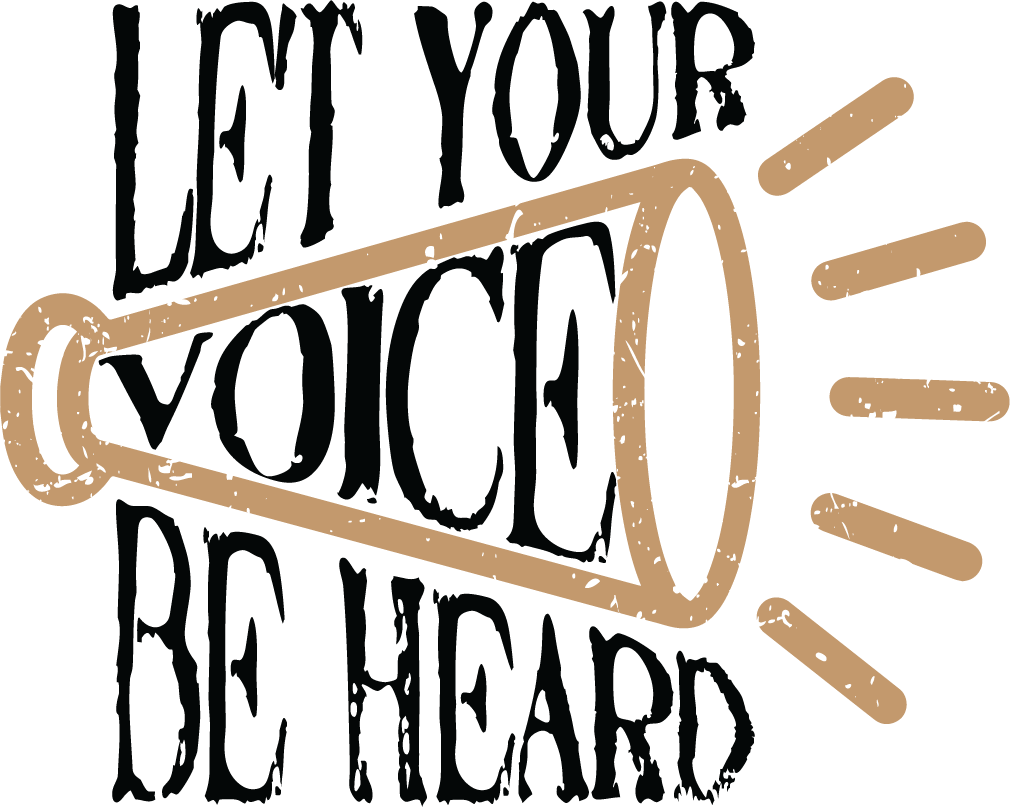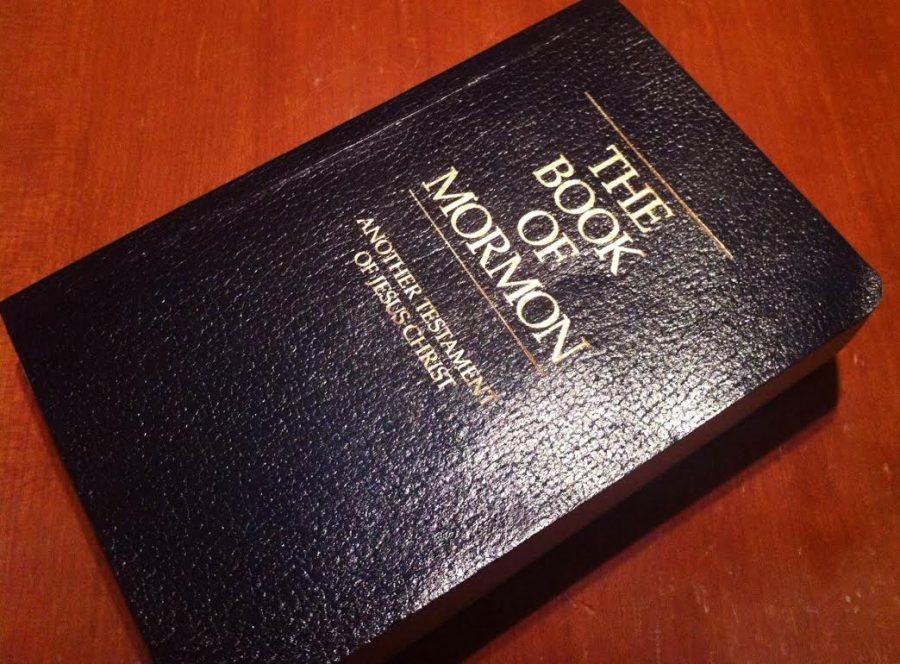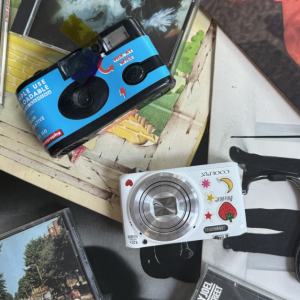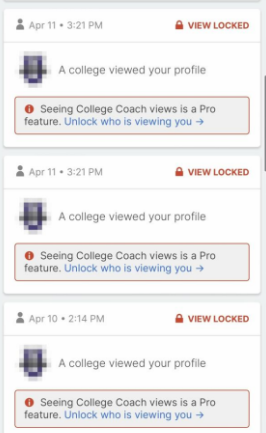Emma’s Dilemma: I’ve been stereotyped
The Book of Mormon, a religious text for members of the Church of Jesus Christ of Latter-Day Saints, often brings to mind Mormon stereotypes. However, it’s important that we don’t judge books by their covers.
February 2, 2017
I’m sorry if I confused some of you when I chopped all my hair off last year, but I am completely and perfectly straight.
It’s interesting, really. One glance is all it takes to categorize a person and place them into a folder in our mental file cabinets. For the people I’ve never talked to, for the ones I merely brush by in the hallway, I may just be another little white Christian girl. That’s all. Never mind that I’m a complex human being with elaborate feelings and endless thoughts. Stereotypes have defined me. And you, too.
Last year in a Brillig meeting, the literary magazine staff read one of my pieces titled “Dear Satan.” In it, I wrote a letter to the devil and metaphorically told him that I wanted to break our contract and wished to cut off all further communication, signing it “A Sinner.” The piece was accepted into the magazine with a quick vote from the staff, and the question was asked: “Would the author like to reveal them self?”
I raised my hand, and students raised eyebrows. In contrast to the innocent love poems and father-son narratives I typically submitted, a poem confessing sins was the last thing my fellow staff members expected me to write. The little white Christian girl wasn’t as innocent as she seemed.
But what does innocent mean? Stiff-backed like a nun in her black robe, warding off evil temptations? Or just unaware of the evil temptations that surround me? I guess that depends on how far past the stereotype you wish to look. How you see someone has a lot to do with how well you know them.
Of course, it’s not your fault for making up some false truth about me if you’ve never spoken to me before. How could you erase all the stereotypes without looking past the face you see?
I guess you can’t. So, let me start over. My name is Emma Coleman. I’m eighteen years old. I like journalism. I like photography. I like shot put. I like playing the piccolo. I like having lightbulb moments in statistics class. I like sprint work outs, even though I get awful shin splints. I like going to Goodwill and buying books so old that they fall apart in my hands.
Oh, and I’m also a Mormon. Mormon, or a member of The Church of Jesus Christ of Latter-Day Saints, or just a Christian. Whichever is easiest for you to understand.
But don’t you see? My religion is only a part of who I am. Yes, it’s a big part of me, and it has made me who I am, but it’s not all of me. A Mormon isn’t just someone who doesn’t drink alcohol or denies premarital intimacy. The Asian kid in your math class isn’t all genius and smarts. The lesbian that you walk by in the hallway is more than a short haircut. The football player you pass on the way to the gym isn’t a complete meathead.
There’s more to everyone than meets the eye.
Don’t judge a book by its cover, even if it does come from Goodwill and falls apart in your hands. See people as stories. Everyone has a conflict: a damsel in distress, a knight in shining armor, a quest. Perhaps you are someone’s foil or mentor.
Of course, you could also be someone’s antagonist. You’re not going to get along with everyone. I suppose we wouldn’t have stories if not for conflicts – we wouldn’t be people if not for our differences. So see them. There’s nothing wrong with that.
But, then, there’s nothing wrong with seeing past them either.
And no one is an exception. Tolerance can’t be given to some but not to others – you can’t say you see past skin color but not past a gender identity. Tolerance has to go two ways, too. I’ll see past the stereotype that surrounds you if you see past the stereotype that surrounds me. Agreed?
Good. Now, if you’ll excuse me, I have a Book of Mormon to read. Don’t even think about judging it by its cover.







